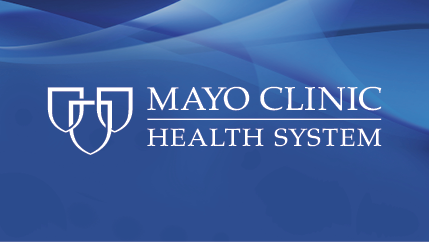Posted By

Rhiannon Riley, C.N.P., A.P.N.P., M.S.N.
Obstetrics & Gynecology (OB-GYN), Reproductive Endocrinology (Fertility)
Having difficulty becoming pregnant?

Many people dream of becoming parents, but for some, that dream is difficult because they have trouble achieving pregnancy on their own. At Mayo Clinic Health System, we have the privilege of helping patients try to make that dream a reality.
What's normal? How long should we try?
It can take a healthy couple up to a year to conceive. Couples may begin evaluation after one year of unprotected, appropriately timed intercourse — every day to every other day around expected ovulation — or begin evaluation within six months if there is history to suggest there may be difficulty getting pregnant. History that may contribute to difficulty includes the woman having had irregular menstrual cycles or a tubal pregnancy, or if the man has had history of pelvic injury.
What is an infertility workup?
During a workup, we evaluate a couple to determine the cause of their infertility. This can include lab work and imaging.
What is infertility monitoring?
We monitor a woman through a cycle to see if she is ovulating or to measure the response to treatment. Sometimes, this involves lab work, as well as ultrasound, to look at the ovaries and uterus. We also monitor patients that are undergoing in vitro fertilization at another facility.
How does the process work?
Before the appointment, patients are mailed paperwork that should be completed and brought to the first appointment. The initial appointment is a one-hour visit with a provider to complete a health and reproductive health history, evaluate the circumstances and discuss testing. Both partners are encouraged to attend. By the end of the appointment, the couple receives information regarding the plan for the next steps, which may include lab work, ultrasound, etc.


